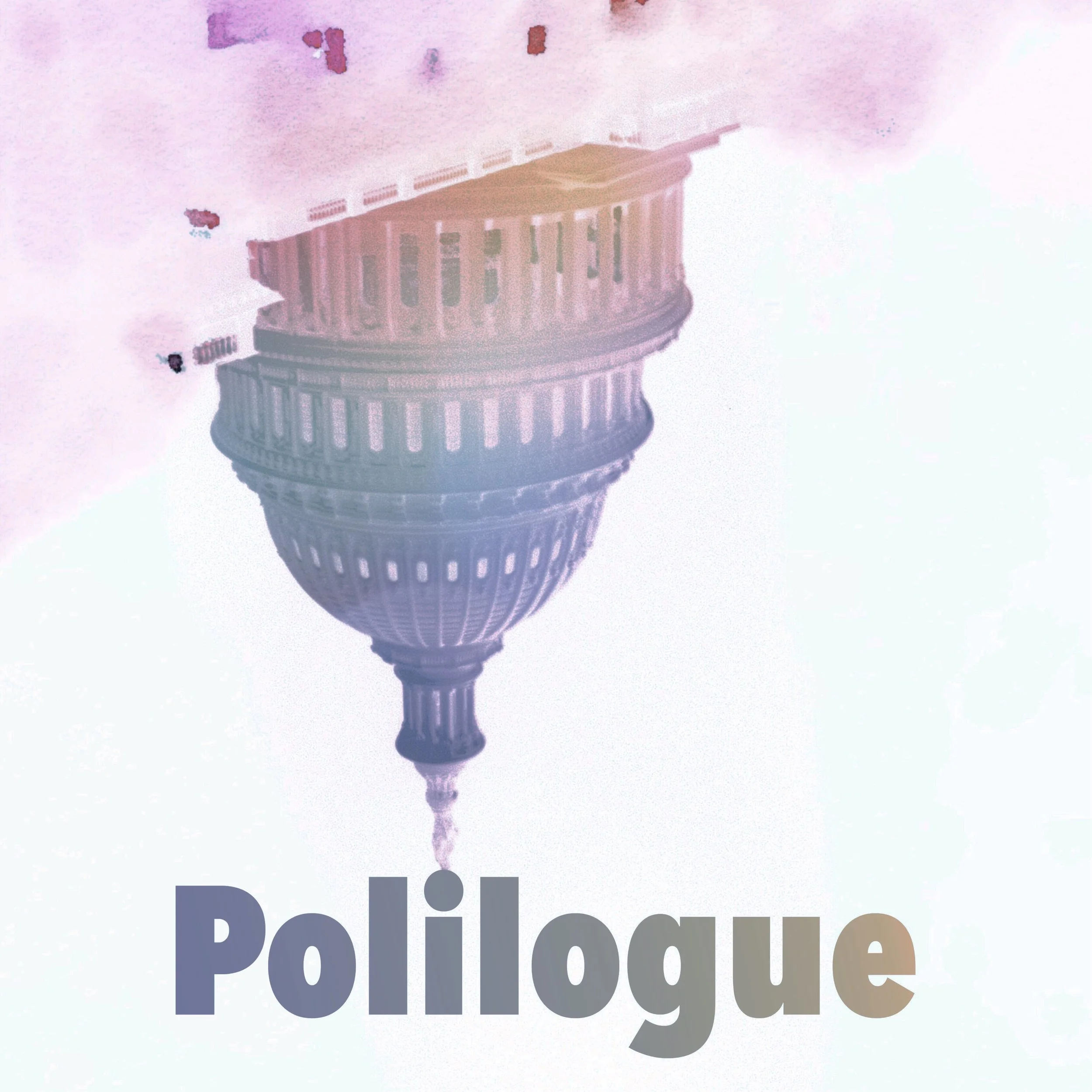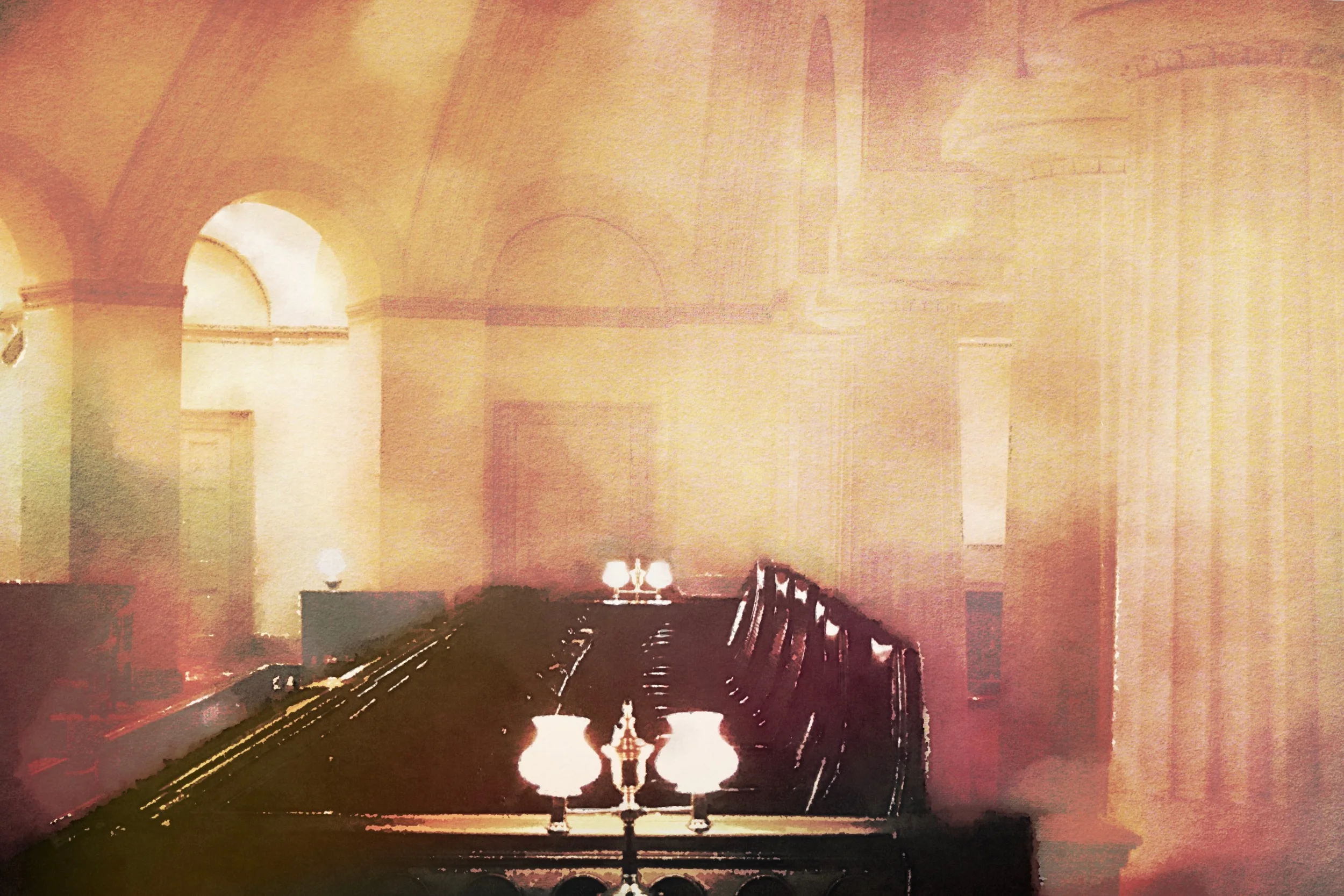Does preventing the next attack mean sacrificing the values that Charlie Hebdo stood for?
Word today that Great Britain’s David Cameron is targeting certain social networks that encrypt their data. This is all well and good, Cameron says, but it’s no good when there’s a legitimate threat—a warrant that must be served. What happens if there’s a terrorist attack—another Charlie Hebdo shooting—and law enforcement needs access to these networks? These networks need to open their doors—or close down completely, he seems to say.
John Gruber shook his head at the comment; and pasted in a well-worn quote:
“Those who would give up essential Liberty, to purchase a little temporary Safety, deserve neither Liberty nor Safety.”
-Ben Franklin
I tend to agree with the sentiment—in fact, I myself have used the quote in the past. But I regret it now. I regret it because Benjamin Franklin is simply dead wrong. Think about it: our entire world is built on giving up a little bit of freedom to gain security. We submit to delays at the airport for security. We submit to wearing restraints and seat-belts in our cars for security. We sell the freedom of our hours for the economic security of a wage. Constantly, we give up freedom in order to gain security.
At the same time, we also find ourselves giving up security in order to gain freedom. Yes, we restrain our freedom with a seatbelt in order to be more secure—but we also threaten our personal safety and security in order to enjoy the freedom of the open road. Each time we get into a vehicle we are putting our lives at risk. Last year, about 30,000 people died in car accidents—and far more were wounded. But we’ve decided that giving up the security and safety of the pedestrian is worth the freedom that mobility provides.
Freedom and security is in constant balance—it’s a line we walk every single day. To suggest that making a choice one way or another—in either direction—is scorn-worthy is a farce. There is no store of finite freedom that each of us holds, untrammeled and virgin until we sell it for some measure of security. We have to make a choice. We live in society. Like wind we are blown by the movements of others, we find ourselves hanging as if on a swing—twisting and turning by the gusts of public opinion. To to try to right ourselves in this storm of sentiment, we must push against one side or the other. Not to choose is to choose to spin, turning and turning in the gale.
Sometimes, we will push against freedom; others, against security. But in the end, it’s a balance. And one that we should exercise our minds in asserting. Because it’s never as either/or as the partisans will have you believe. When security breaks down, when law and order is broken, everyone’s freedom is at risk. And when freedom is threatened, as we’ve seen in Ferguson and New York, riots and retaliations threaten security. Just think of a room. Freedom is everything you do in the room; and security is the walls of the room. You need walls in a room to create the space and protect it against the elements. But if you make that security too tight, if you bring those walls too close together, the room disappears and there’s no space to live, no space to move, or even breath.
I don’t agree with David Cameron in his argument against social media. I don't think that the freedom to communicate is worth compromising just to gain a bit more security in this case. Why? Because there are other ways to defend ourselves. Because communication is too important to what we’re doing in this room. But I’m not going to suggest that David Cameron is unworthy of freedom or security for having a different opinion. Freedom isn’t inviolable; security isn’t primary. Our society, and our future, depend on both. Let’s discuss and debate both. Because that’s what we all deserve.





